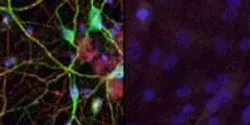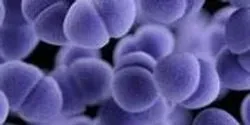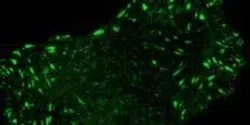Cell & Molecular Biology

Problem: At the crossroads of understanding cell physiology, disease pathology and etiology lies cell metabolism, encompassing the cellular set of life-sustaining chemical transformations. Dysregulation of cell metabolism is now known to be a common component of cancer, immunology, obesity, diabetes, and neurodegenerative disease. This is because mitochondrial respiration and glycolysis are the major sources of life-sustaining and biosynthetic processes for the cell, specifically energy in the form of ATP (adenosine triphosphate) and macromolecules such as membranes, nucleotides, transporters, organelles, etc. Metabolic pathways are increasingly considered as potential therapeutic targets. Therefore, the ability to measure and understand cellular bioenergetics can provide valuable insight into disease and contribute to the potential identification of drug discovery targets.

Scientists have described a way to convert human skin cells directly into a specific type of brain cell affected by Huntington’s disease, an ultimately fatal neurodegenerative disorder. Unlike other techniques that turn one cell type into another, this new process does not pass through a stem cell phase, avoiding the production of multiple cell types, the study’s authors report.

Problem: The assessment of cell concentration and viability is an important step in the characterization of cell health. This information can be used for monitoring proliferation rates, optimizing growth conditions and normalizing cell data for further studies, such as assessing the impacts of cytotoxic compounds.
Current methods rely on multiple, sometimes complex, instrument platforms to provide these answers, reducing flexibility and increasing research costs. Other, simpler methods provide inconsistent results due to their dependence on single-uptake dyes, which do not effectively discriminate between the various states of cell demise. As a result, there is a crucial need for analytical methods that efficiently provide reproducible count and viability data.

The fast and safe technique developed at the Salk Institute circumvents problems that have hindered regenerative medicine.

For years, researchers and patients have hoped that embryonic stem cells (ESCs)—capable of forming nearly any cell type in the body—could provide insight into numerous diseases perhaps even be used to treat them. Yet progress has been hampered by the inability to transfer research and tools from mouse ESC studies to their human counterparts, in part because human ESCs are “primed” and slightly less plastic than the mouse cells.















